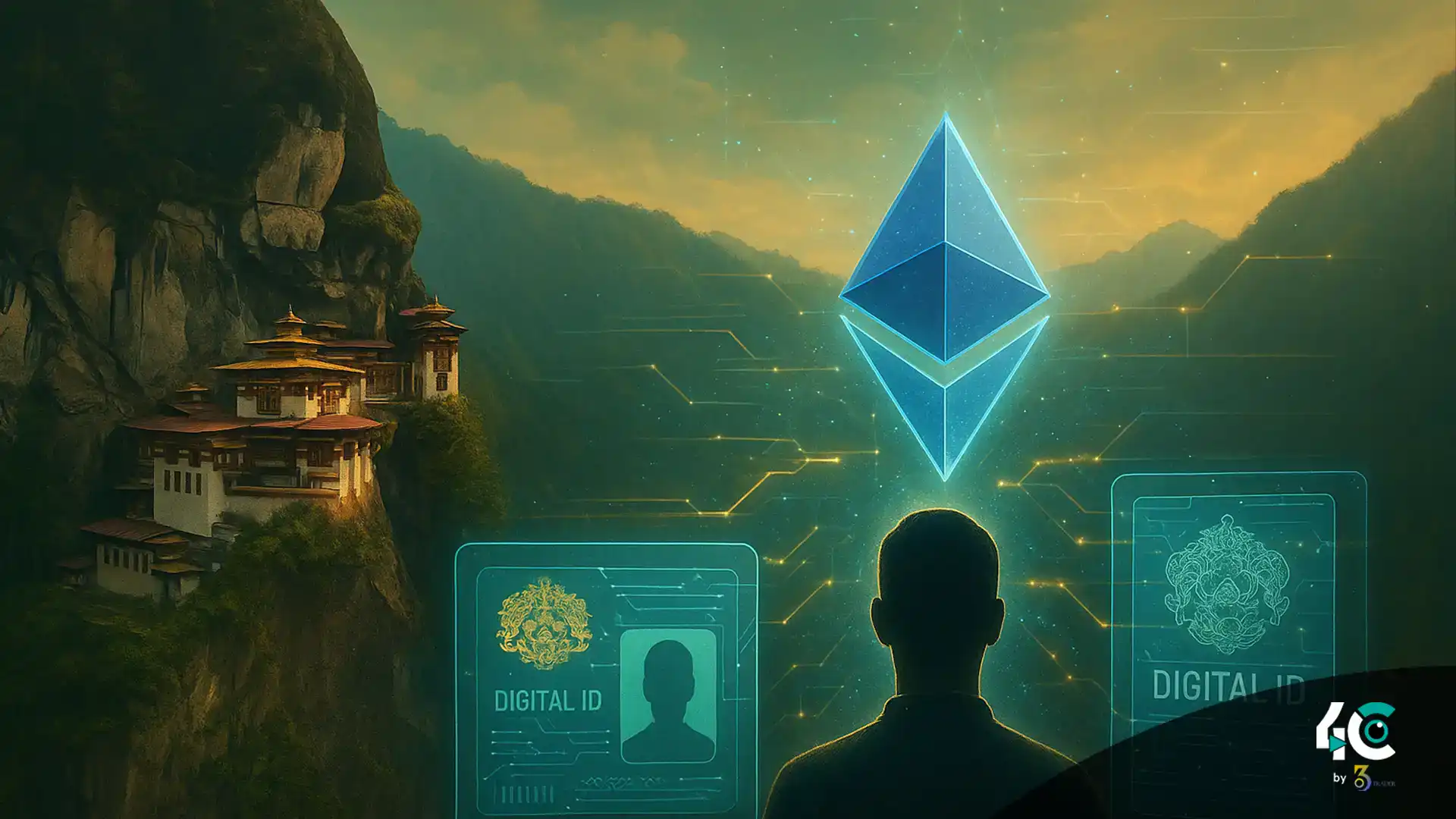Bhutan Uses Ethereum for Digital National ID System, a World First
Bhutan has switched its self-sovereign national IDs from Polygon to Ethereum, empowering 800,000 residents to verify their identities and access government services.
Aya Miyaguchi (Ethereum Foundation) confirmed that the Ethereum integration is complete, with all resident credentials expected to finish migrating by Q1 2026. The official launch included Vitalik Buterin, Bhutan’s Prime Minister Tshering Tobgay, and Crown Prince Jigme Namgyel Wangchuk.
Miyaguchi posted on X that the initiative is inspirational and represents a “milestone for a more open and secure digital future.”
Also Read : Senator Lummis Supports US Strategic Bitcoin Reserve Amid Delays
Why Ethereum for National Identity?
Blockchain-based ID systems are valued for their:
- Immutability (Blockchain)
- Privacy (Zero-knowledge proofs)
- Transparency
Bhutan’s use of Ethereum ensures security while allowing optional privacy layers to protect citizen data.
This is Bhutan’s third national blockchain identity system:
- Previously on Polygon since August 2024
- Originally on Hyperledger Indy
Other countries like Brazil and Vietnam have piloted blockchain ID systems, but Bhutan’s scale on Ethereum is a world first.
Working Together to Create Digital Change
Miyaguchi emphasized collaboration between Bhutan’s National Digital Identity team, GovTech units, and local crypto contributors. Their combined efforts produced a transparent, decentralized, scalable system designed to last for decades.
Bhutan’s Growing Crypto Leadership
Beyond digital identity, Bhutan is emerging as a notable crypto nation:
- 5th-largest holder of Bitcoin globally, with 11,286 BTC (~$1.31B)
- Only the US, China, UK, and Ukraine hold more
- Most assets accumulated via Bitcoin mining at local hydroelectric power plants
Bhutan may expand further in crypto, with reported discussions involving Changpeng Zhao, former CEO of Binance, though details remain confidential.



























